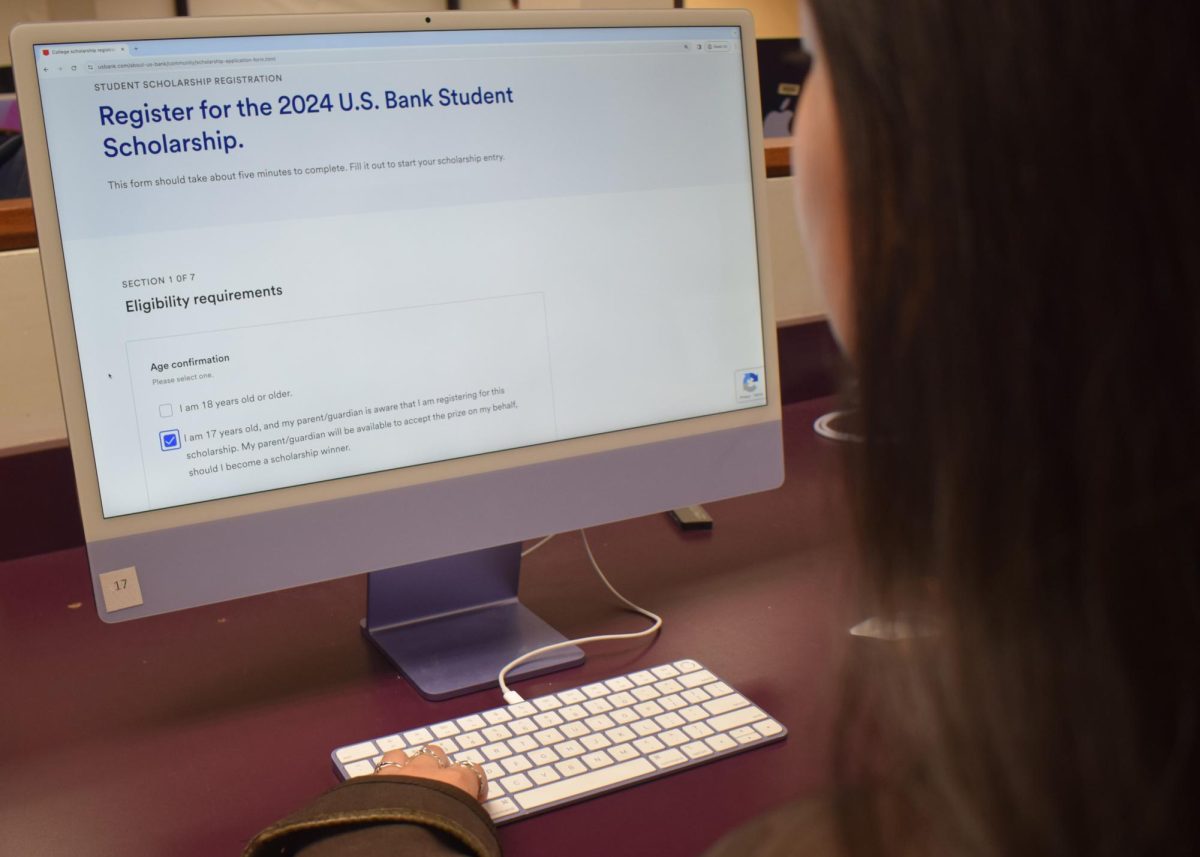Although the college admissions process dominates student life in the fall, springtime for high school seniors is supposed to be a rewarding contrast, when students finally see their years of preparation come to fruition. Even amidst the stress of college decisions, students can watch their opportunities start to materialize ahead. A little-recognized practice known as scholarship displacement, however, has been closing off outside financial aid sources. Scholarship displacement, a practice where colleges and universities use the outside scholarships that students receive as excuses to lower the financial aid given to them, is ultimately yet another way for colleges to take advantage of their students.
After putting in hours of work on scholarship applications and financial aid forms, it is devastating for students to see all of this time go to waste. As scholarship displacement settles in as a common practice, the scholarships that students strive to obtain become nothing more than empty words and resume-padders. Though these honors can still be beneficial, they do not hold the same tangible financial value.
As Uyen Nguyen (I) recalls, “The most stressful part of applying to college was actually applying for financial aid. […] My mom struggles to understand financial documents like this, so it took an excruciatingly long amount of time to help translate for her and interpret the financial forms ourselves. […] I spent a lot of time waiting for my financial aid package in fear that I would not receive enough money to actually attend.”
Scholarship displacement affects not only individual students, but society as a whole. The practice creates an imbalance between the upper and lower classes, as people with lower incomes cannot meaningfully use scholarship money to pay for college, while those with higher incomes have an easier time affording school tuitions, and are thus able to benefit from scholarships as a way to ease the burden. Scholarship displacement thus works against measures set in place to aid the working class and instead increases the wealth gap. This is especially true considering the ways in which higher education allows people to obtain better jobs and socioeconomic standings in the future.
On the other hand, some people have little sympathy for the struggles of students seeking to pay for college. They argue that it is a college’s right to give as little or as much aid as they want, with aid being merely a privilege, and they point to how, even with scholarship displacement, financial aid has become more easily available over the years. Efforts to facilitate the process have included decreasing the length of the Free Application for Federal Student Aid (FAFSA) questionnaires and providing schools with funding to hire college counselors.
According to Nguyen, however, “Companies like the College Board really need to pull it together and make this process simpler for students. The College Scholarship Service (CSS) profile got confusing at some parts and was just so, so long. […] Additionally, they need to make sure to find a way to prevent delays during college season.”
Even though college counselors and shortened FAFSA forms may have benefited students somewhat, they are not nearly enough, as many students are still extremely overwhelmed and drained by the process.
Boston Latin School college counselor Ms. Chloe Sigillito adds, “While the FAFSA underwent a simplification process this past year, it can still take time to complete the form, alongside the CSS Profile to be considered for need-based aid.”
On top of that, scholarship displacement is rarely discussed. If this were truly a moral, fair practice, then why would it be covered up so effectively? Not only is this a clear way to scam students and their families out of the money they need to attend school, but the lack of transparency when it comes to the reality of financial aid also tarnishes an institution’s image, as they seem to be blindsiding their students and taking advantage of their efforts to obtain financial aid elsewhere.
Ultimately, if scholarship displacement is not outright banned, then it should at least be discussed as much as possible so that students and their families are prepared. While it does not seem like colleges will stop practicing scholarship displacement anytime soon, it is still important that students are well-informed on this topic so that they can properly research ahead of time.
Students, however, are not all doomed when it comes to applying and paying for college. Nguyen advises students to start applying for scholarships as early as their junior year. It is incredibly important to be well-informed, prepared for what is to come and ready to learn from those in the community.








